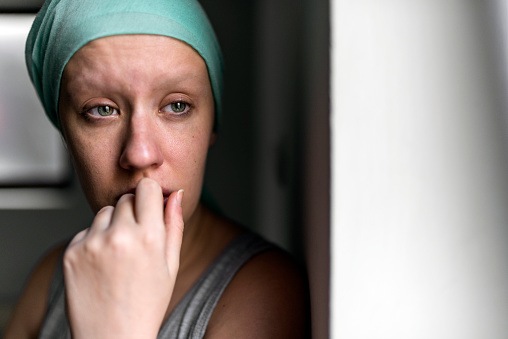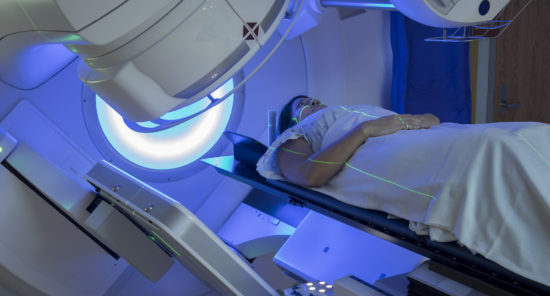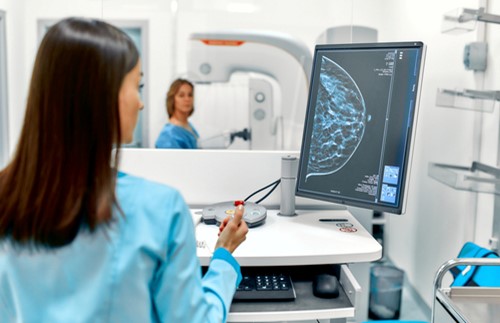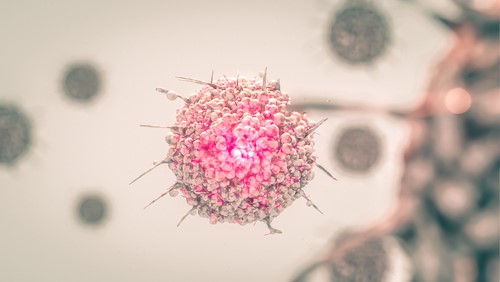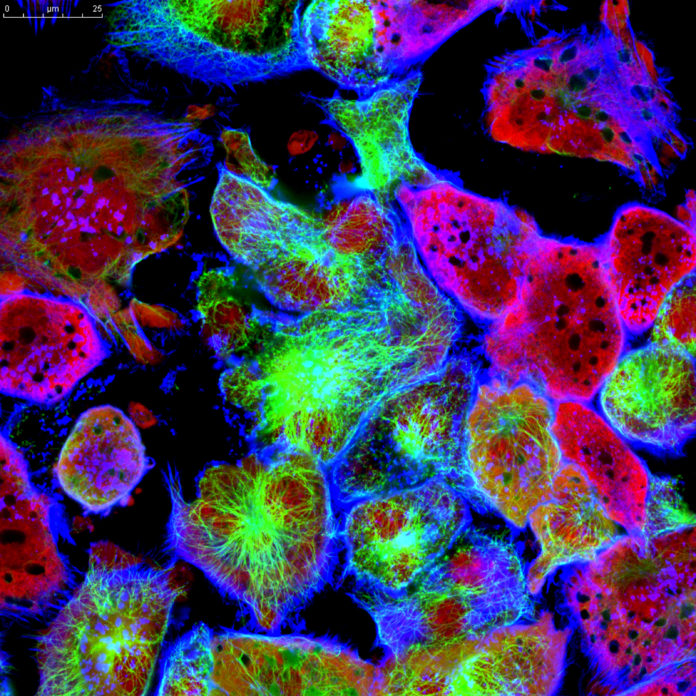Breast cancer density does not necessarily predict response to neoadjuvant chemotherapy, according to a recent study published in Breast Cancer Research and Treatment.
Researchers assessed 292 patients with Breast Imaging Reporting and Data System mammography density (MD) category b (n=124), c (n=155), and d (n=13) disease. The researchers utilized the Mann-Whitney U Test to discern differences between those who achieved pathological complete response (pCR) and those who did not. Logistic regression modeling was used to assessed variables of molecular subtype, MD, disease grade, and fine needle aspiration (FNA) positivity.
While the study did find that patients with denser breast cancer composition were more likely to present with estrogen receptor-positive tumors, there were no differences observed in progesterone receptor status, human epidermal growth factor receptor 2 (HER2) status, pCR, FNA positivity, or residual cancer burden class. The results showed that patients with HER2-enriched breast cancer and triple-negative breast cancer were more likely to achieve a pCR (odds ratio, 3.630 and 2.445, respectively; P=.023).
Reference: Cullinane C, Brien AO, Shrestha A, et al. The association between breast density and breast cancer pathological response to neoadjuvant chemotherapy. Breast Cancer Res Treat. 2022. doi:10.1007/s10549-022-06616-1. doi:10.1007/s10549-022-06616-1

